NetSuite offers robust inventory management capabilities to handle various complexities that businesses may encounter. Here’s a rundown of some features and functionalities within NetSuite’s inventory management module:
Multi-location Inventory Management: NetSuite allows you to manage inventory across multiple locations, such as warehouses, distribution centers, or stores. This includes tracking inventory levels, transfers between locations, and visibility into stock availability.
Inventory Tracking: NetSuite enables tracking of inventory items by various attributes such as serial numbers, lot numbers, bins, or expiration dates. This is particularly useful for industries like pharmaceuticals, food, or electronics where traceability is critical.
Demand Planning and Forecasting: NetSuite offers tools for demand planning and forecasting based on historical sales data, trends, and seasonality. This helps businesses optimize inventory levels, reduce stockouts, and minimize excess inventory.
Reorder Point and Safety Stock Management: NetSuite allows you to set reorder points and safety stock levels for inventory items to ensure optimal stock levels and avoid stockouts. Automated alerts can be configured to notify when inventory levels fall below the reorder point.
Inventory Costing Methods: NetSuite supports various inventory costing methods such as FIFO (First In, First Out), LIFO (Last In, First Out), weighted average, and specific identification. This allows businesses to accurately calculate the cost of goods sold and the value of inventory on hand.

Drop Shipping and Special Orders: NetSuite facilitates drop shipping where goods are shipped directly from the supplier to the customer without passing through the business’s inventory. It also supports special orders or backorders, allowing businesses to fulfill customer orders even when items are out of stock.
Kitting and Assembly: NetSuite enables the management of kitting and assembly processes where multiple inventory items are combined to create a new product. This includes tracking components, managing bill of materials (BOM), and updating inventory levels accordingly.
Serialized and Non-Serialized Inventory: NetSuite supports both serialized and non-serialized inventory tracking. Serialized inventory allows tracking individual items with unique serial numbers, while non-serialized inventory involves tracking items in bulk without unique identifiers.
Barcode Scanning and RFID Integration: NetSuite integrates with barcode scanning and RFID (Radio Frequency Identification) technologies for efficient inventory management, picking, packing, and shipping processes. This enhances accuracy and reduces manual errors.

Integration with Sales and Purchasing: NetSuite’s inventory management module seamlessly integrates with other modules such as sales orders, purchase orders, and fulfillment processes. This ensures real-time visibility into inventory levels, sales orders, and purchasing activities.
Overall, NetSuite’s inventory management capabilities are comprehensive and customizable to meet the diverse needs of businesses across various industries and sizes.
